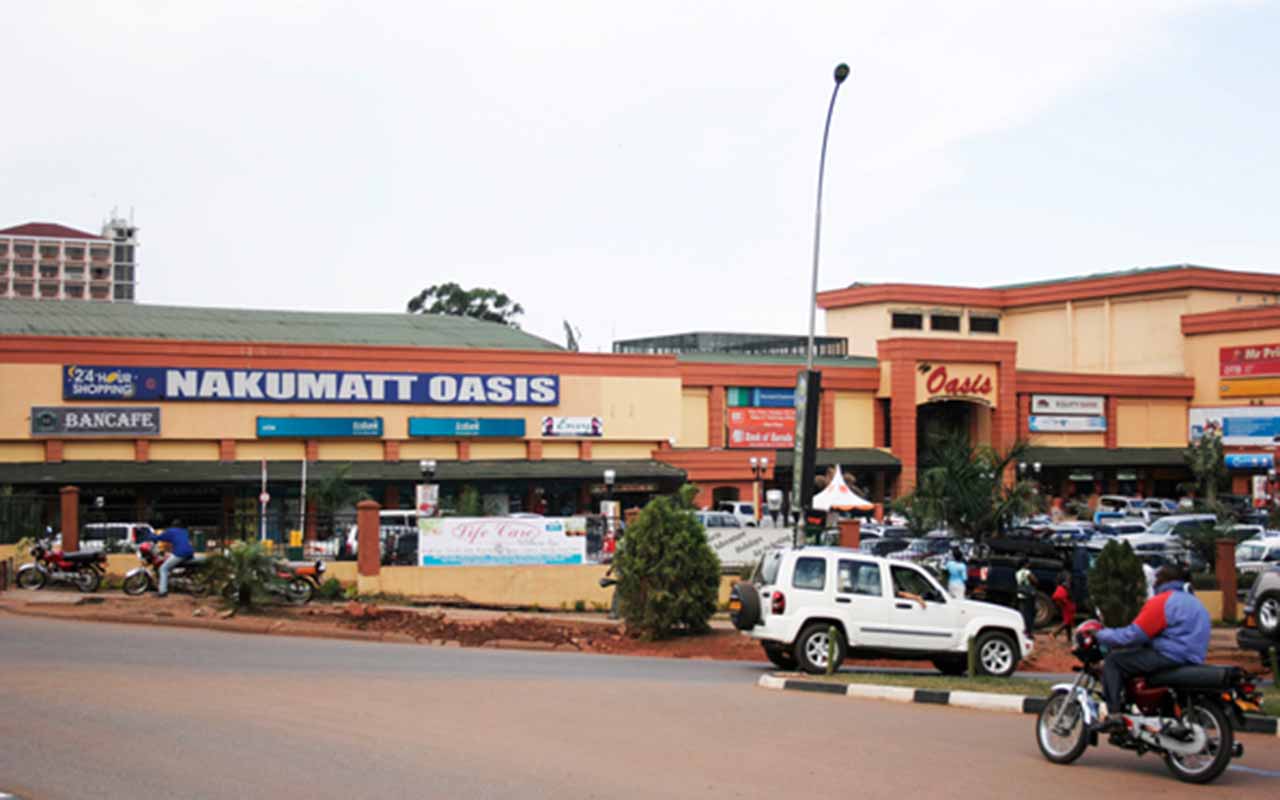Prime
Nagenda@80: Courage, brother! Courage!

We toast John Nagenda who turned 80 on April 25, as he celebrates this important milestone. Notwithstanding my inability to access a precise head count of Ugandans aged 80 and above, I confidently declare Mr Nagenda to be among very, very few who have successfully defeated eight decades of life. We know that Uganda, with a population of 35 million in 2014, is a country of young people. The current life expectancy at birth is about 59 years.
Only 2.9 per cent of the population is aged above 65 years. The vast majority of these, we can safely assume, to be in their sixties and seventies.
Octogenarians like Nagenda probably number in the thousands, the nonagenarians in the hundreds and, the centenarians in mere dozens. Indeed, I may well be overly optimistic. The State of Uganda Population Report 2017 offers an age-sex structure pyramid with an apex that peaks in the 70-79 age group. Older folk do not seem to exist on that pyramid.
All this is to say that Nagenda has every reason to celebrate his good luck and to continue sharing with us his wisdom, wit and the fruits of his “perpetual battle against the sentence.”
These fruits are presented in One Man’s Week, his delectable weekly essay in the Saturday Vision, a Kampala newspaper, to which I am happily addicted. Regardless of content, but especially when he is searing in his criticism of President Yoweri Museveni’s political opponents, Nagenda’s writing is one that frequently leaves me hungry for more.
I have noted, with great pleasure, that Nagenda, a Senior Presidential Adviser on Media & Public Relations, has lately been taking full advantage of an elder’s right to chastise, albeit very gently, the ruling party and its youthful leader. (Museveni is six years younger than Nagenda.)
My delight is born of the convergence of our opinions on a matter that will determine, not just the last chapter in President Museveni’s long play, but Uganda’s long-term outcome.
In his One Man’s Week column of Saturday, March 3, Nagenda, wrote: ‘If the Movement is currently being wafted by some high winds, not of change but staleness, it is not to be wondered at, for four decades is a hugely long time in politics. Children at the start of it are now beginning to feel the wobble of middle-age. Those with achieved property and riches (not always without the stench of corruption!) take their most comfortable station in Life without a backward glance, thus missing the glares of those who stagger in their wake.
Perhaps this is just as well. But what cannot be denied, at least by wise foxes who follow History, is that unless strong tides are channelled with wisdom, the future and past will inevitably and always collide in changes extremely difficult to control!’
In that one paragraph, Nagenda succinctly summarised what we have laboured to communicate for many years.
Then on March 31, he wrote: ‘Take this talk of holding a referendum (on lifting the presidential age limit).
At this time of huge money shortages, would it not be cruel beyond measure to divert Shs400 billion to it? I would even say since Government is determined to go ahead, let it do so based on the earlier parliamentary vote!” Parliament, you will recall, voted to lift the presidential age limit to enable President Museveni to remain on the Ugandan throne.
Though Nagenda is opposed to the measure, he, like me, is a realist who recognises that it is already a done deal. Museveni is not going to leave voluntarily. So why waste the money? Why expend emotions on the unchangeable? Our silence on the matter is not accidental.
Nagenda’s candid thoughts on this and other controversial issues involving Museveni’s rule earns him the Junius Award as my 80th birthday present to him. Junius was a pseudonym of a prolific 16th Century writer, who said: “The subject who is truly loyal to the Chief Magistrate will neither advise nor submit to arbitrary measures.” Speaking truth to power is a patriotic duty of a truly loyal citizen.
However, it takes great courage to do so. Age, of course, confers courage on those lucky enough to survive. However, one suspects that Nagenda’s exile in Kigezi may partly explain his uniqueness among the President’s advisors.
Nagenda, a student at King’s College, Budo from 1950, was shipped off to Kigezi High School in very distant Kabaare. He needed some fine-tuning under the watchful eyes of Mr John Wycliffe Lwamafa, who acted as headmaster until Mr John Bikangaga returned.
It must have been a very interesting group of kids that Nagenda joined in 1953. Other students who were admitted to Kigezi High School that year included Matthew N. Rukikaire, George W. Kanyeihamba, John W. Rwomushana, Joram F. Katambira, Bernard Kachetero and George Mondo. These are men who, in later life, demonstrated a brilliance that buttressed their debating skills and their often fearless public pronouncements to controversial issues. Theirs was a milieu that was bound to sharpen a stubbornness that was probably genetic.
Whatever the explanation for Nagenda’s willingness to nibble at the hand that feeds him, we encourage him to keep his pen flowing, with greater courage than he has often allowed himself. He, of course, owes us an autobiography, and completion of many unfinished manuscripts that he has talked about over the years. Wouldn’t an insider’s candid observations on the elusive fundamental change serve posterity’s attempts to understand how our generation dropped the ball? May the Lord God continue to bless him with physical and intellectual health, and with many years of fulfilled living. Eighty runs, dear John Nagenda. Now, onto a century!
[email protected]




